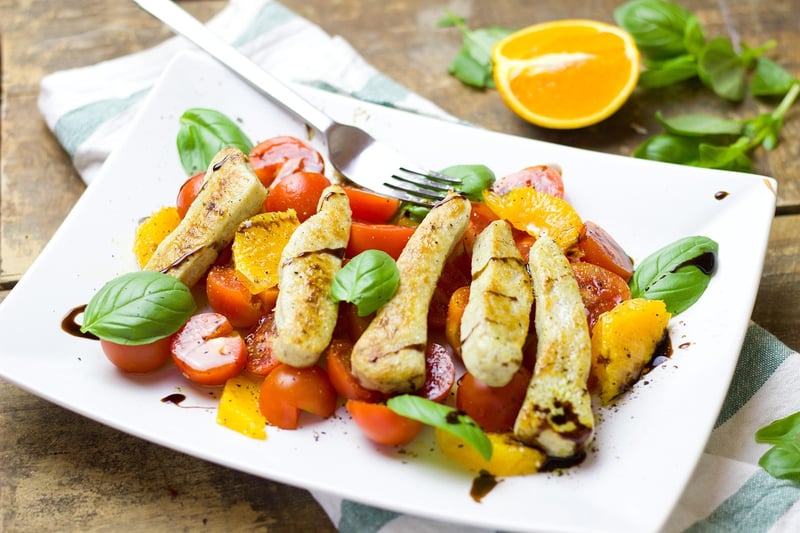Ingredient Substitutes

Enhance Your Culinary Skills + Ingredient Substitutes
Culinary Skills: Taking Your Cooking to the Next Level
Are you looking to elevate your cooking game and impress your friends and family with delicious meals? Mastering some key culinary skills can help you become a more confident and creative cook. Whether you're a beginner or a seasoned pro, there's always room to improve and expand your culinary repertoire.
Knife Skills
One of the most essential skills in the kitchen is knowing how to properly handle a knife. Practice your knife skills by learning different cutting techniques like dicing, slicing, and chopping. A sharp knife and proper cutting technique can make a world of difference in your cooking.
Flavor Profiles
Understanding flavor profiles and how different ingredients work together can help you create well-balanced and delicious dishes. Experiment with herbs, spices, and seasonings to develop your palate and enhance the flavors in your cooking.
Cooking Techniques
From sautéing and braising to roasting and grilling, mastering various cooking techniques can open up a world of culinary possibilities. Each cooking method brings out unique flavors and textures in your ingredients, so don't be afraid to try new techniques.
Ingredient Substitutes: Handy Swaps for Common Ingredients
Don't let a missing ingredient derail your cooking plans. Knowing which ingredients you can substitute for others can save the day and still allow you to create delicious dishes. Here are some handy ingredient substitutes you can keep in mind:
1. Eggs
For baking recipes that call for eggs, you can use mashed bananas, applesauce, yogurt, or silken tofu as vegan-friendly alternatives. Each of these substitutes adds moisture and binding properties to your baked goods.
2. Butter
If you're out of butter, you can substitute it with coconut oil, margarine, or even avocado for a healthier twist. Be mindful of the flavor profile of the substitute you choose and adjust accordingly.
3. Milk
For lactose-free or vegan options, almond milk, soy milk, coconut milk, or oat milk can be used as substitutes for regular milk in both sweet and savory recipes. Each milk alternative may impart a slightly different flavor, so experiment to find your favorite.